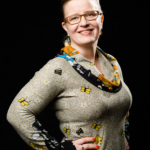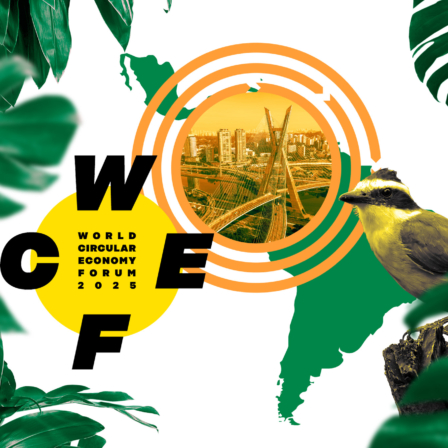The circular economy is not a new idea. Indigenous communities across North America and beyond have been practicing principles of circularity, including regeneration and reciprocity, since time immemorial. The first World Circular Economy Forum (WCEF) took place in Finland five years ago in 2017, but 2021 marks the first time the WCEF crossed the Atlantic to convene Indigenous leaders, businesses, policymakers, civil society, youth, and other new audiences to discuss the system-level changes – or “game changers” – needed to accelerate the circular economy transition in the next five years.
WCEF2021 took place following the release of yet another “code red” Intergovernmental Panel on Climate Change (IPCC) report and in the lead up to the United Nations’ biodiversity (COP15) and climate change (COP26) conferences. The urgency of the message is clear: addressing the global climate and biodiversity crises is a necessity for human well-being. Looking ahead to these upcoming conferences, WCEF2021 presented circular economy solutions to address the urgent global crises and called upon leaders from all sectors and regions to act.
The fifth WCEF was also a reminder of the need to include Indigenous and youth voices in driving system-change for an inclusive and equitable circular future. Hosted in Toronto, Canada from September 13 to 15, WCEF2021 was co-organized by Environment and Climate Change Canada and the Finnish Innovation Fund Sitra. After being postponed by a year due to COVID-19, WCEF2021 went virtual to ensure it remained a truly global event, attracting almost 9,000 registrants from 160 countries and all 7 continents.
With 3 days featuring 6 system-level Game Changer Sessions, 4 action-oriented Demonstration Sessions, and 25 partner-led Accelerator Sessions, the global dialogue at WCEF2021 uncovered creative transformational steps we can all take to scale up circular solutions for a prosperous, inclusive, and equitable future. Over the first two days, 95 speakers from around the world shared their takes on how to advance the circular economy as a solution to planetary crises through collaboration, next generation leadership, innovation, and entrepreneurship.



















Recommended
Have some more.